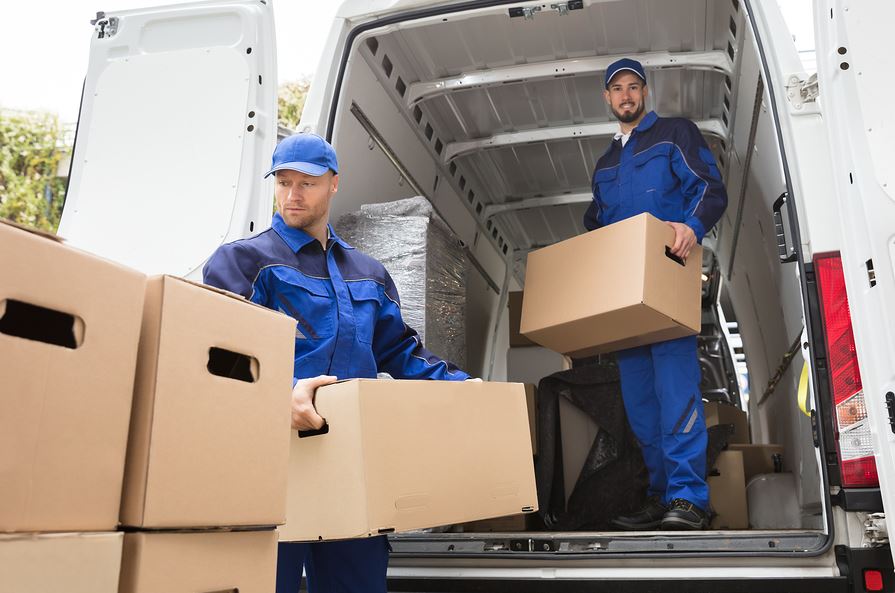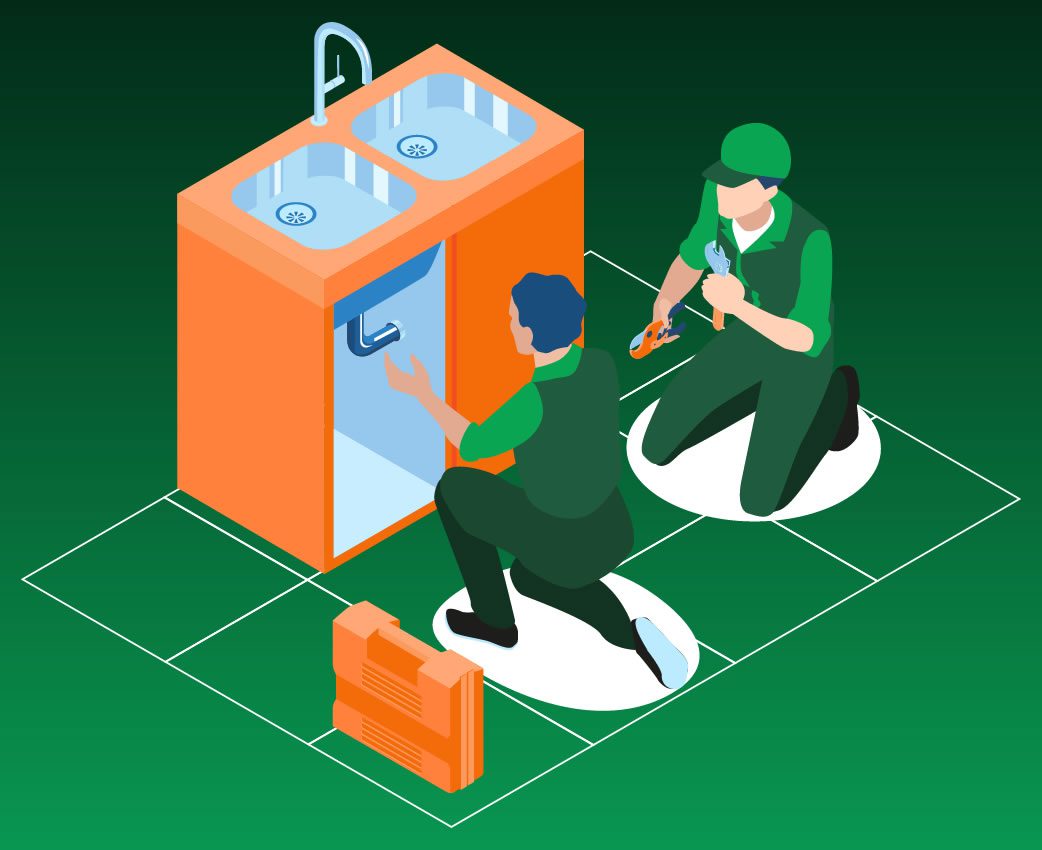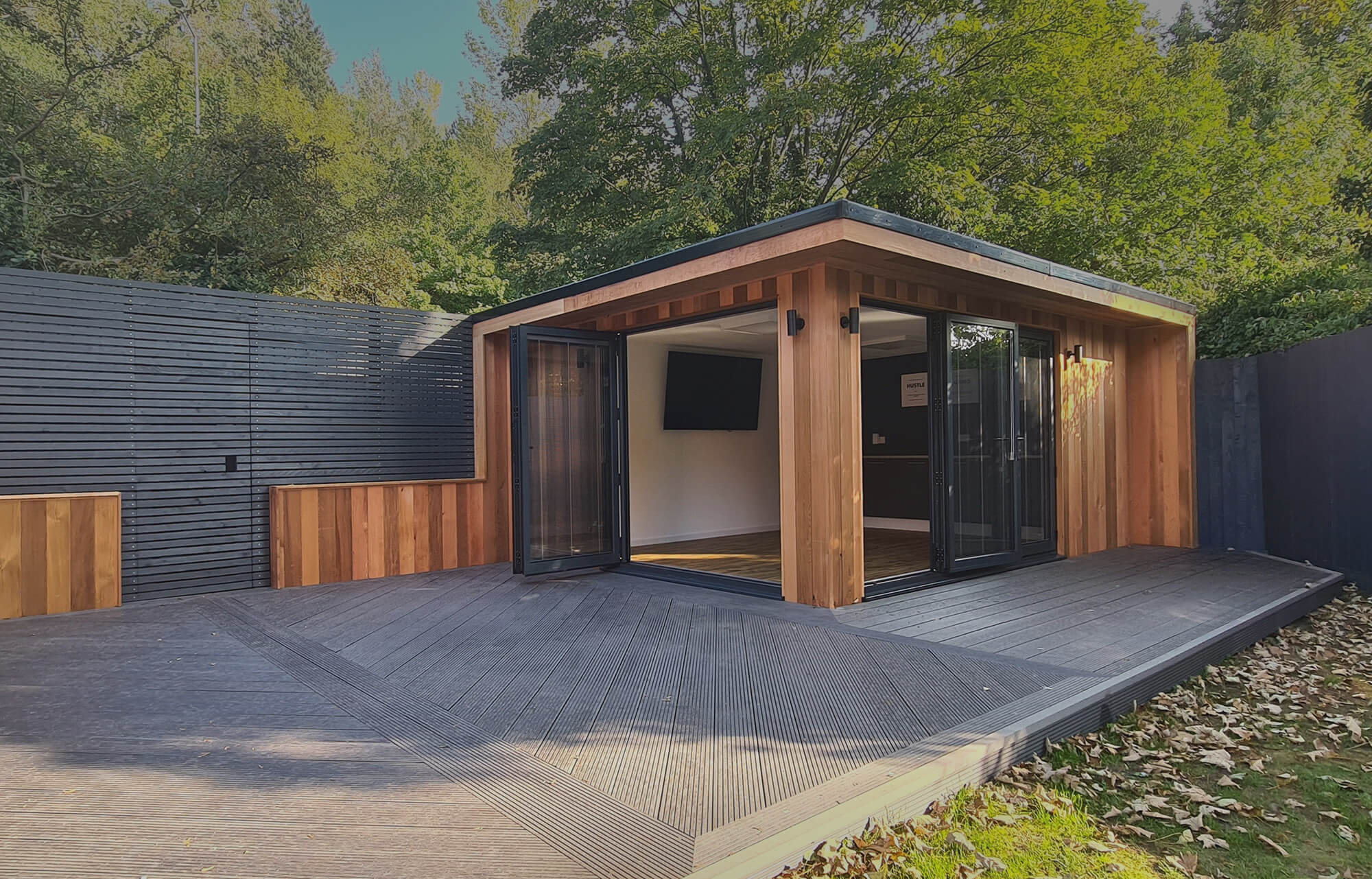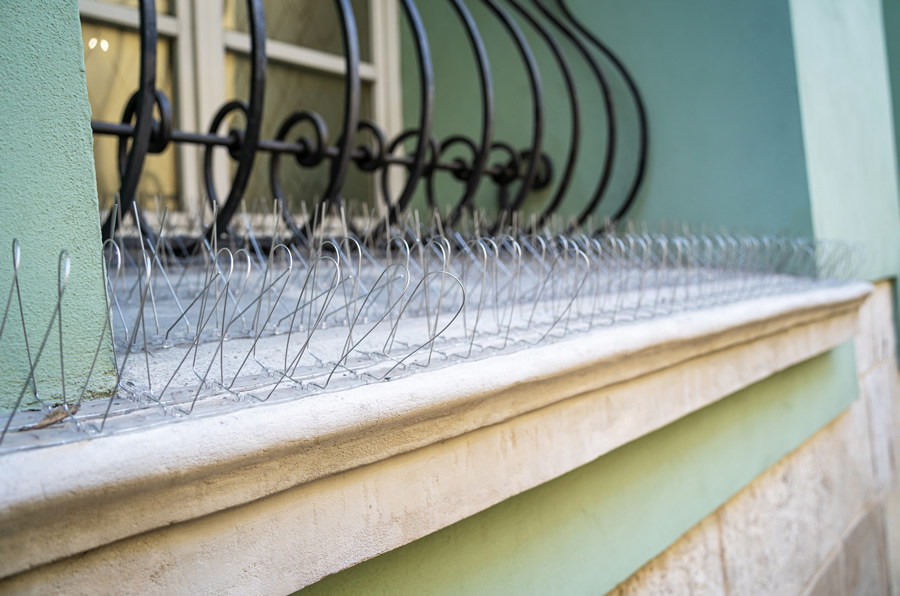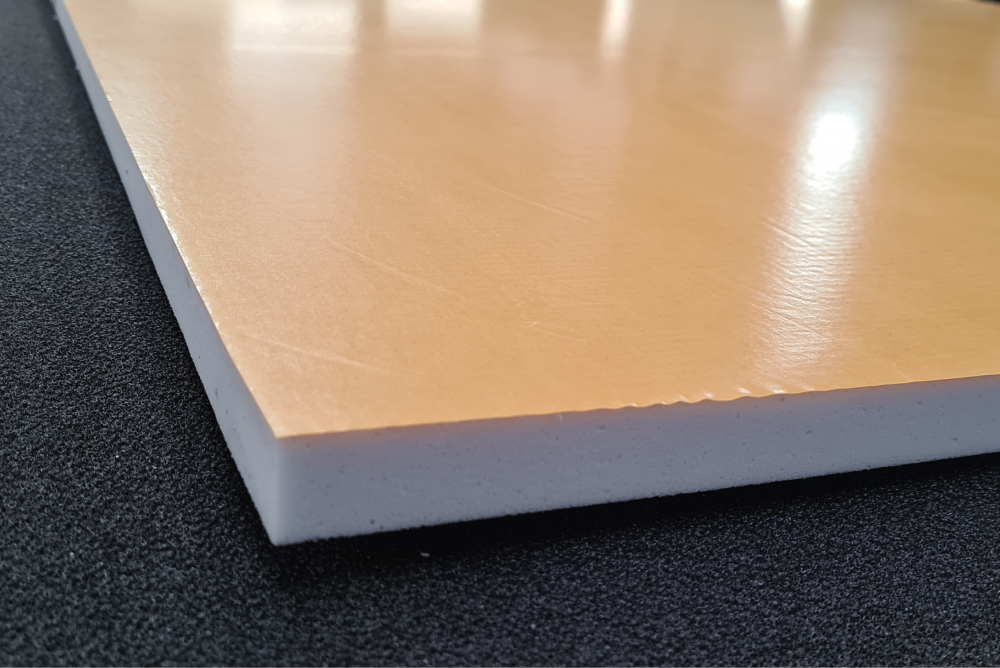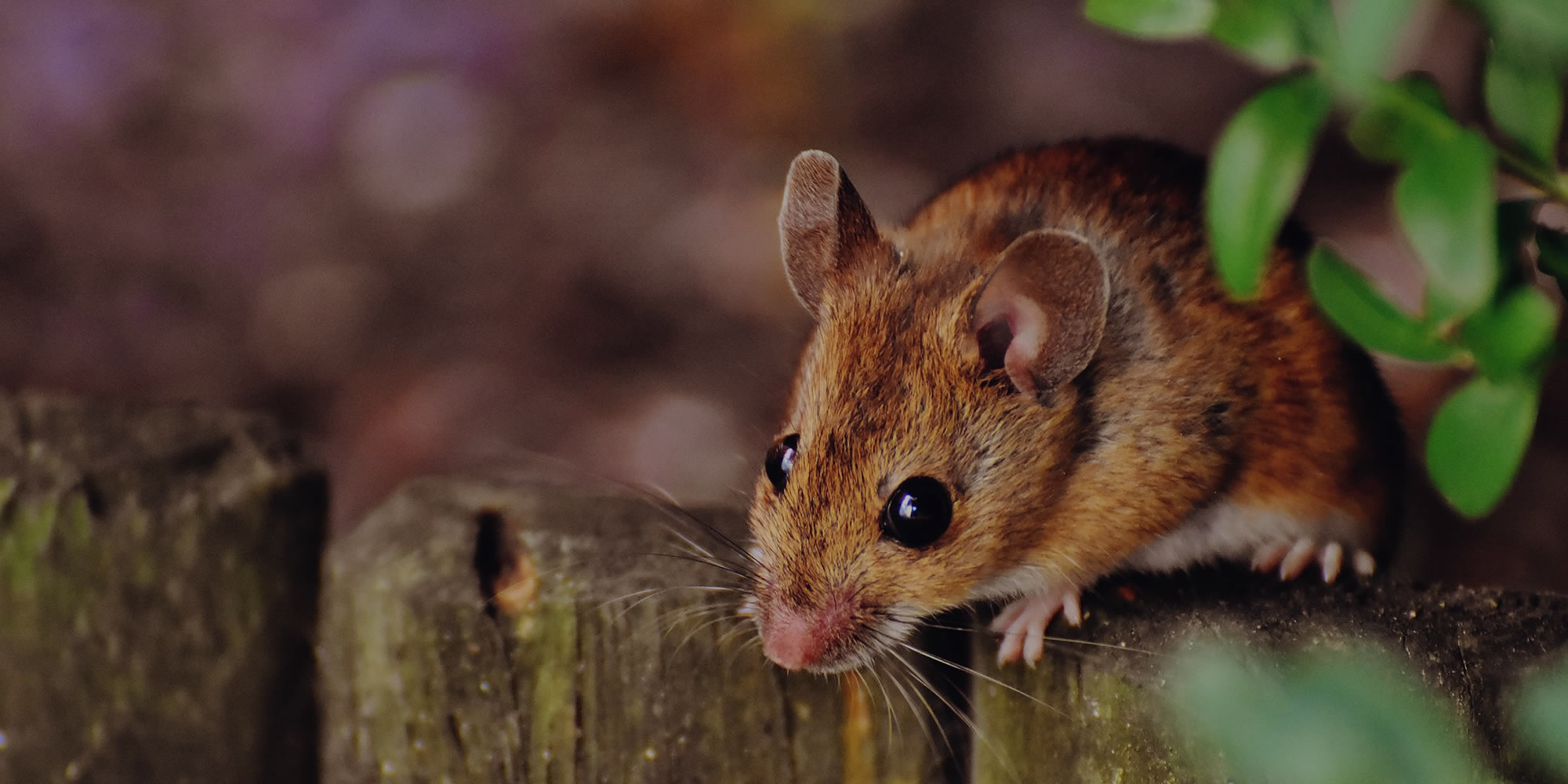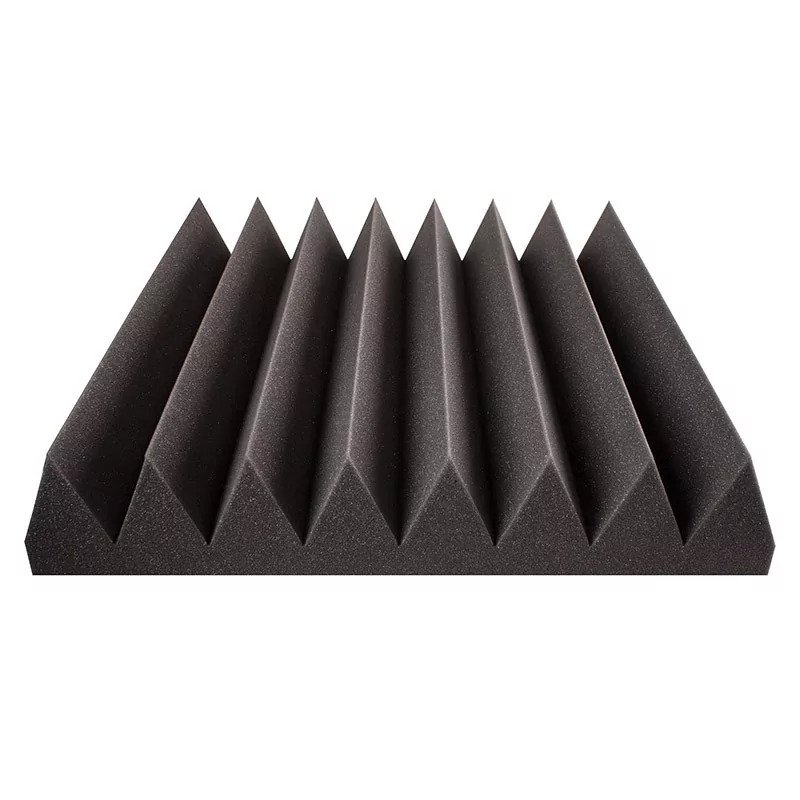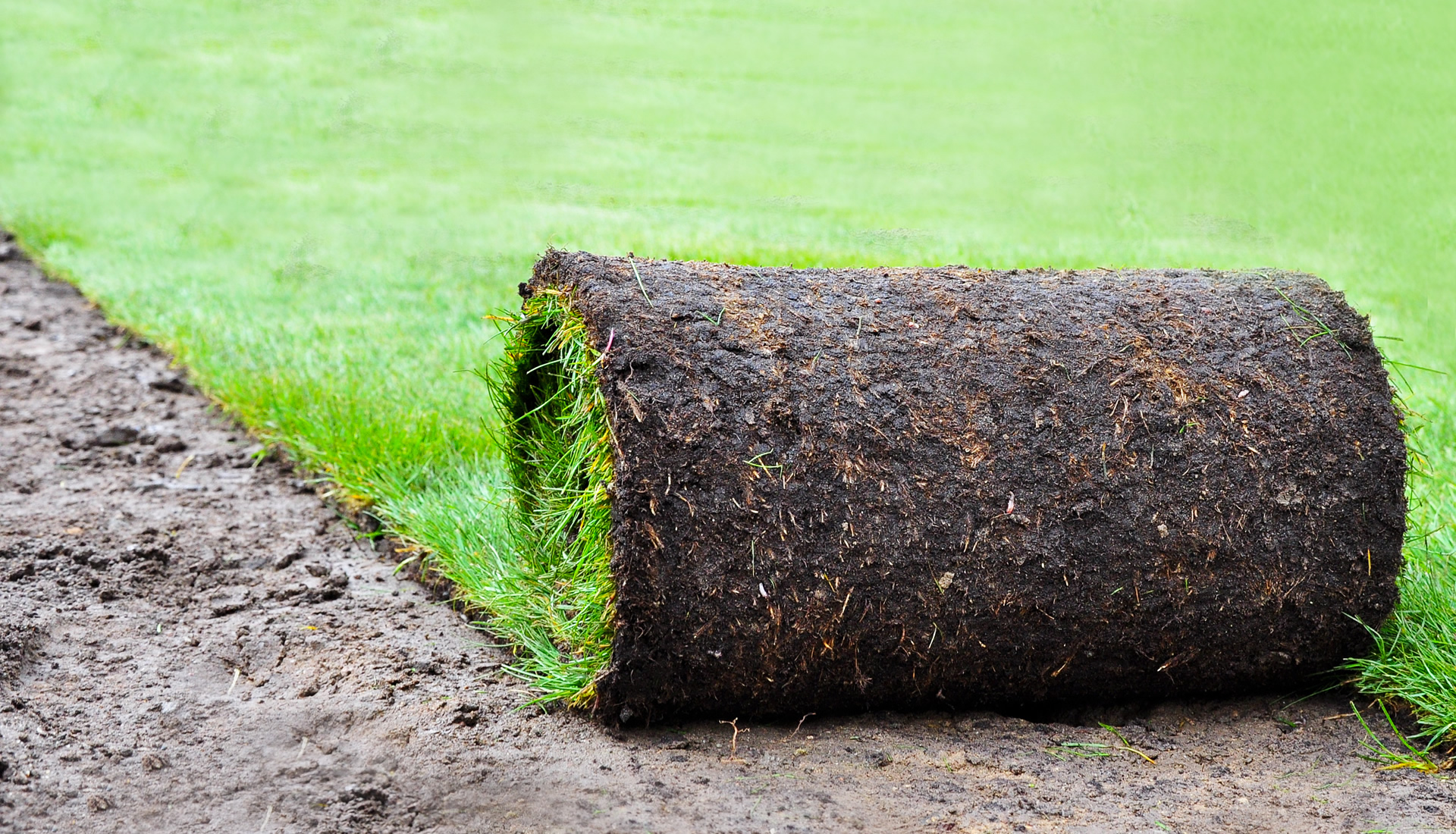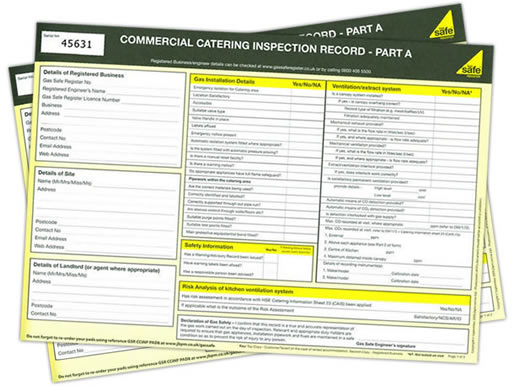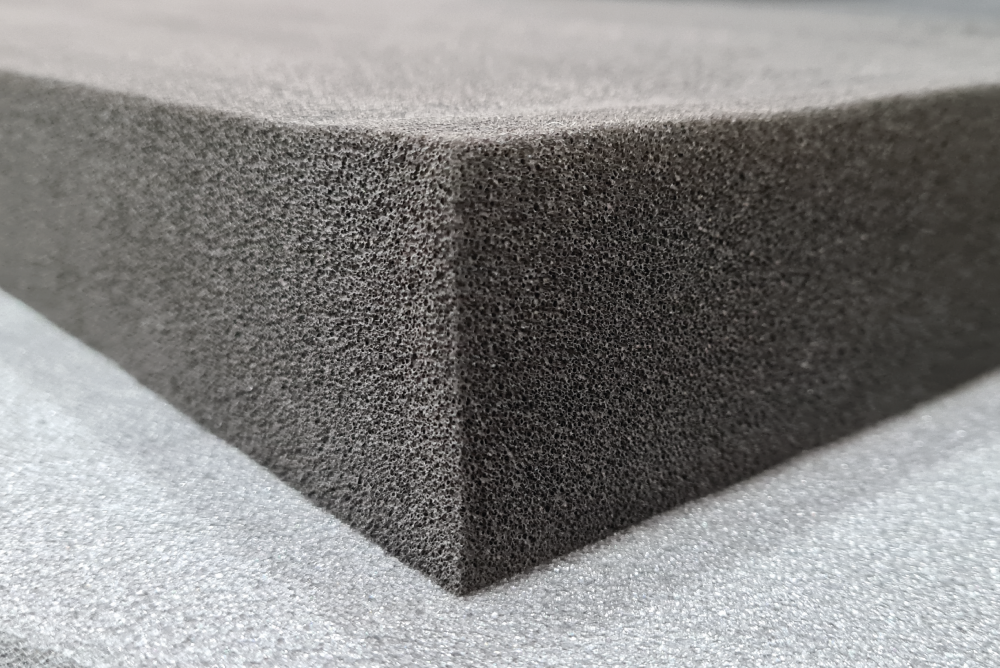My father-in-law,Belief – Putting Another Season’s Promise in the Ground Articles Stewart, told me this story about a little girl from his church, we’ll call her Alice, when she met Santa. Alice was a sad girl for such a happy time of year. As she sat on Santa’s knee, he asked her what she would like for Christmas. He expected to hear another request for a battery-operated doll that cries or a dollhouse, but Alice’s request caught him off guard.
“What would you like for Christmas, Alice?”
“Santa, I would like to talk to my grandfather,” she replied.
Santa thought to himself for a moment. It wasn’t as though his toy makers could handcraft this one. So he said, “Well perhaps you could ask your mother to call him on the phone for you.”
Alice answered, “That won’t work Santa; it’s long distance. He’s in heaven.” Tears started to well up in her eyes.
By some stroke of genius Santa offered, “Alice, I’m afraid that your grandfather would be too busy to talk to you if he’s in heaven. Your grandfather is watching out for you, your mother, your family, and your friends.” Alice started to smile and then she bolted from Santa’s knee, even forgetting the toy that Santa had given her when she arrived.
Santa’s appearance at this particular shopping mall quickly came to a close as he was sweating profusely by now under his red suit. When he was getting into his city clothes, a knock came at the change room door. One of Santa’s elves poked her nose in and said, “Santa there is a parent here who would like to speak with you!”
Alice’s mom marched straight into the room and confronted Santa with, “What did you say to my little girl?”
“Ho, ho, ho, no!” he thought. So, he told her the whole story.
Alice’s mother was beaming. “Santa, thank you so much! You have made my little girl’s Christmas because she believes now that her grandfather is with her.”
Upon hearing Alice’s story, I was struck by the power of belief, the power that can move mountains. When there is an insurmountable obstacle in our way, belief can be all that is required to make it miraculously disappear, just like Alice’s belief in Santa restored her hope. I have searched for the place where belief originates. In my search I have found many examples of belief, but never a recipe to make it; however, there are typically several components to building and maintaining belief.
Reason to Believe
First, you have to have a reason to believe. I have seen this firsthand in the farmers I have met in the Prairies. Every year, regardless of the one previous, they plant another season’s promise in the ground. Why do they do it? Government lowers farmers’ subsidies, their socioeconomic status diminishes year after year, and then there is the climate change – don’t even get me started on that! Nonetheless, they plant the seeds, row upon row.
A friend of mine, Mike, probably put it to me best one day as we drove the straight dusty roads of Saskatchewan. “You know, this year is going to be a great year. I have planted mustard seeds. Have you seen the price they are getting for mustard seed? With the amount I lost last year, this is going to be my year.”
Those words, “This is going to be my year,” will ring in my ears forever. Like many farmers, Mike also has another job, so the effects of devastating crop losses are minimized. Even as his non-agribusiness grew, he continued to farm because he believed that each crop was the one, and if he just got the seeds in the ground they would grow into a bumper crop.
What is Mike’s reason to believe? Simply, for generations his family has farmed the same land with each successive generation being able to support a family on that land. Mike’s reason is largely based on family history or tradition; however, his staggering sense of optimism has served him well in almost every one of his other pursuits, putting him at the top in his business in Canada again and again.
Having a reason to believe in a positive outcome can give us optimism, and optimism can deliver us to prosperity. Ancient Greek mythology talks about Pygmalion, the king of Cyprus, who carved an ivory statue of the perfect woman. Through his belief and desire, plus a little help from Venus the goddess of love, the statue came to life. Adopted from this story comes a body of research which describes the Pygmalion Effect, which essentially says if you have a persistent strong belief in something that belief will become true or real. For example, if you believe that your staff team can achieve the needed results, they will. If you believe that your kids are good kids, they will be.
People who optimistically believe that good can happen will see the positive results. In fact, a study looked at the optimism rate of 500 university freshmen and found those results could better indicate their first-year grades than SATs or high school grades (See the article by Chuck T. Falcon, www.queendom.com.). The students who were optimistic about their grades did better overall that year. A simple, honest belief that they would do well was all it took to do better than their colleagues.
Have optimistic reasons to believe things into existence. By the way, Mike’s mustard seed crop did very well!
Belief is a powerful tool. Nothing stands in your way when your belief is strong enough. Once you start to believe that nothing can stand in your way, you can begin to achieve magnificent things. Right now I am sitting in my in-laws’ basement typing while I eat a bag of chips that my mother-in-law left on the coffee table. Usually, I would try to abstain, but in an attempt at good science, I will eat the bag.
My dog, Sam, seems to believe that there is a chip in this bag for her. Sam is looking at me right now. Ah, those big brown eyes, she sure is beautiful! OK, I take one chip. Her eyes light up as she hears the crinkle of the bag, her ears perk, and she drools. Yes, she believes that this chip is for her. But no, I eat it instead. She’s OK with that because she still believes that there is at least one chip in the bag for her. So back to the bag I go. Same response eyes, ears, drool, and bingo she wins, the chip is hers. She believed it, and it became a reality (with a little help). We have the same capacity for belief. When we believe something strongly enough, no matter how much someone might try to convince us otherwise, our reality screams that it just is.
Viktor Frankl was a master of belief. Here was a man captured and imprisoned among several Nazi concentration camps. He spent what must have felt like a lifetime starving, cold, and dehumanized. He lost his mother, his father, his brother, and his wife to the camps, being left with a sister once he was freed. He spent the rest of his life helping others through his practice and teaching of psychiatry. Nothing stood in this man’s way. He believed in his life’s quest and that became perhaps his greatest strength.
Take my life as another example. I was sexually abused as a small child, I couldn’t read until I was in grade three, I was overweight, and I was branded illiterate. Today, because of progressive learning, dedication, and a belief that I can overcome any adversity, I have a beautiful relationship with my wife, Laurie, I have written several books, I can speed read, I have a healthy body size, and I enjoy the fruits of a successful business. That is my personal example of belief in action, and I’m just an ordinary guy doing simple things.
Look at some of the other people in our history who have moved mountains through an unwavering dedication to what they believe: Rick Hansen, Walt Disney, Oprah Winfrey, Henry Ford, Neil Armstrong, Sir Frederick Banting and Charles Best, Louis Pasteur, Alexander Graham Bell, Bill Gates, the Wright brothers, Donald Trump, Ray Crock (the founder of McDonald’s restaurants), the guy down the street, your neighbor, and you. If you really think about it, you have probably moved a mountain or two in your life. So build that belief that you can still move mountains, and put another season’s promise in the ground.
The Disclaimer
Belief can move mountains partly because https://lifeandyou.nl/ when we look at a mountain, we usually perceive that the mountain is bigger than it really is. We stress, think, and discuss our problems. We build them up until they are so overwhelming that we feel paralyzed. I was in a stress management session with a man named Murray Banks one day, and he asked one of the most profound things I have ever heard.
Murray gave a situation and asked his volunteer to rate it on a scale of one to ten for stress, with ten being over-the-top stressful. The situation was something like this: You are out of work and have an interview for the perfect job. As you are going into the interview, you stumble and spill coffee all over your new, crisp white shirt. Then you realize that one of the people on your interview committee is your ex-partner’s best friend. When it is all over, you go to your car to find that you have a flat tire. Most people rated this scenario a seven or eight; it’s a pretty big deal.
Next he asks the volunteer to rate this next scenario: Your whole family dies in a massive vehicle accident and you are the sole survivor. Of course, the rating is a ten or more on his scale. Then the clincher question: If this one is so high, do you want to change the answer for the first scenario.…
